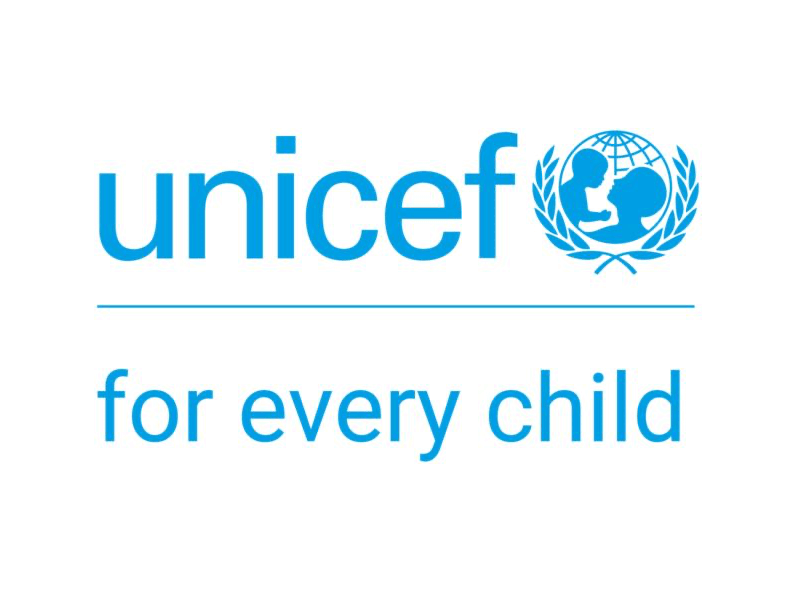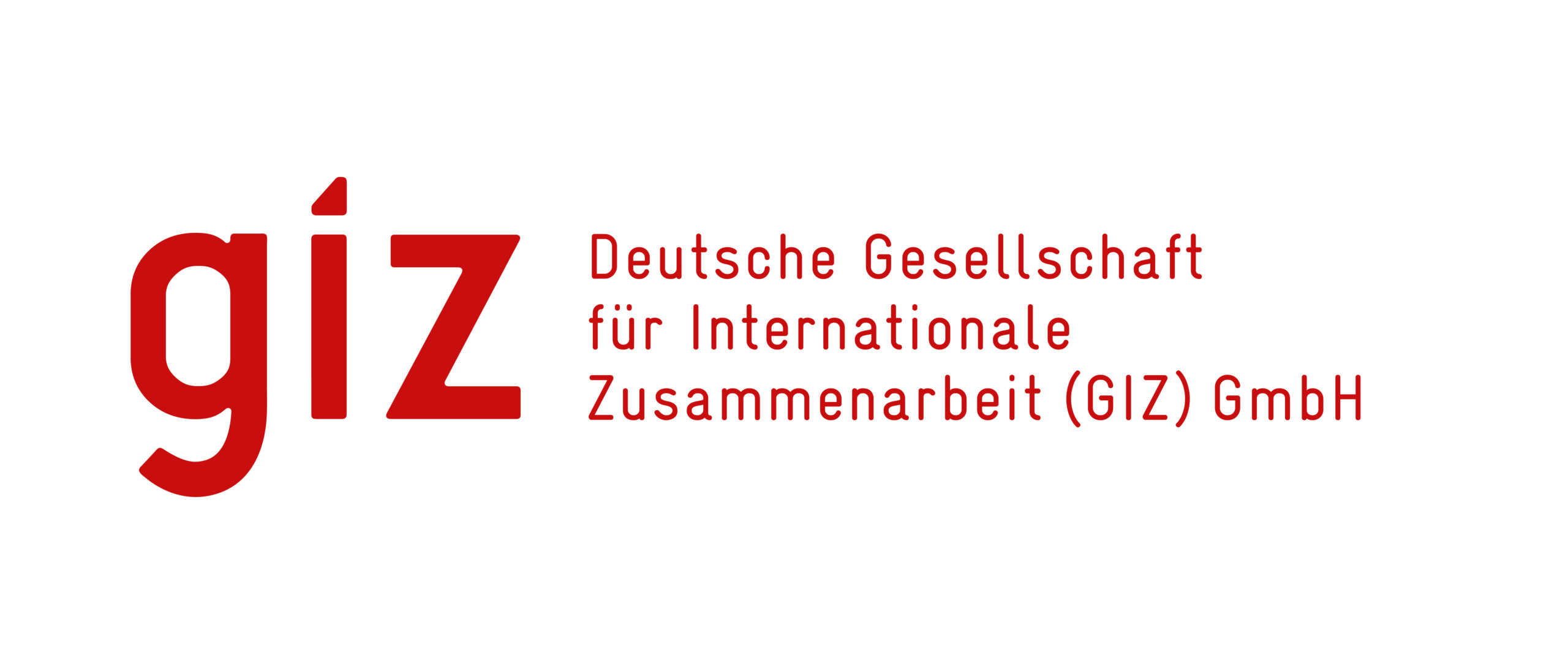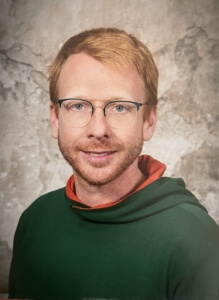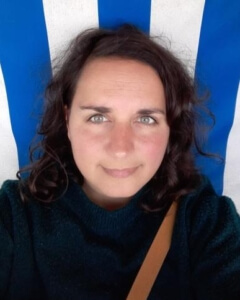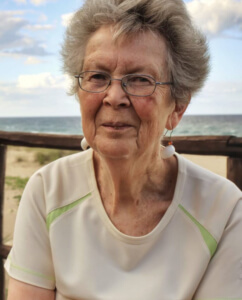Our Partners
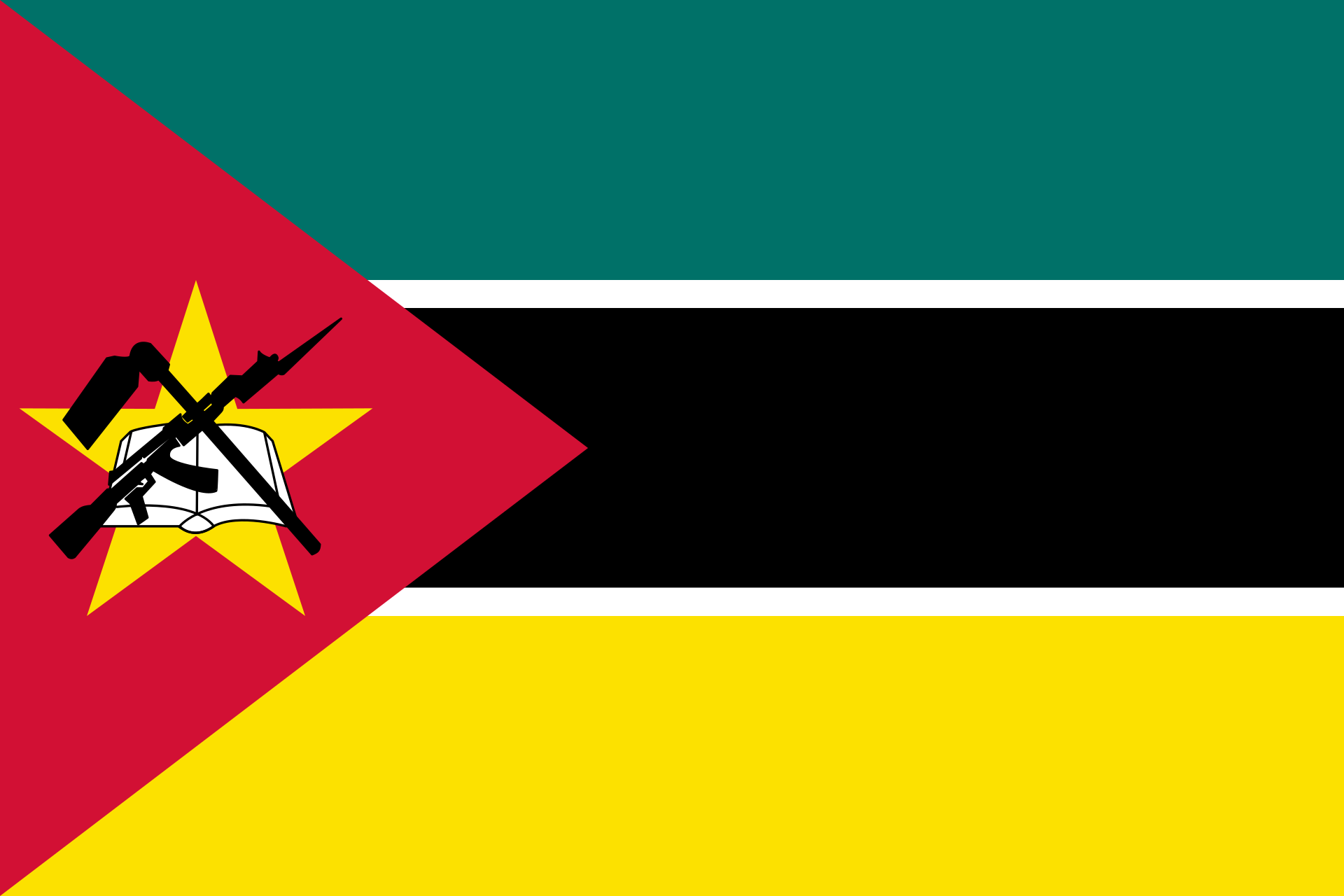
Government of Mozambique
The Mozambican education authorities are very important partners for Nhapúpwè. This includes the Ministry for Gender, Children and Social Affairs (responsible for early childhood education) and the Ministry of Education, as well as the respective representatives at provincial and district level.
At Nhapúpwè, our aim is to support the government’s work, not to establish parallel structures. This achieves legitimacy and joins efforts to promote educational quality. In cooperation with national teacher training institutes, many state teachers have already benefited from Nhapúpwè’s experience in their training. In collaboration with the Ministry for Gender, Children and Social Affairs, decision-makers in the new preschool program were trained. Suggestions from Nhapúpwè are also incorporated into programs and national guidelines, so that they can be implemented nationwide. Many of the modules that are in use now for national teacher training were initially developed by Nhapúpwè.
Multilateral organizations (Unicef, GIZ, USAID, etc.)
In Mozambique, there are various bilateral and multilateral organizations that are involved in the field of education. As Nhapúpwè can only finance the running costs of its own preschool and primary school with its revenue, it relies on donations or collaborations with funding organizations. As the relevance and technical competence of Nhapúpwè are well-known, many projects have already been carried out with various partners.
From 2009 to 2016, the GIZ (German Society for International Cooperation) supported Nhapúpwè with an integrated specialist through the Center for International Migration and Development (CIM), thus strengthening organizational development and the contribution of expertise.
Teacher training and training for trainers of state teacher training institutes were also carried out in cooperation with the GIZ. In cooperation with UNICEF, Nhapúpwè provided large-scale teacher training in the province of Zambesia in northern Mozambique from 2016 to 2018. This enabled more than 100 teachers to be taught active teaching methods. USAID financed the development of modules for different degrees of national teacher education from 2011 to 2014. Nhapúpwè is pleased that, even without large resources, its experiences and pedagogical innovations have already been passed on to many preschools and primary schools in the country.
National Organizations and Networks
Nhápupwè also collaborates with many national and local organizations, associations, and networks. For example, Nhápupwè is one of the founding members of the Early Childhood Development Network (RDPI / Rede do Desenvolvimento da Primeira Infancia). Shortly after Nhápupwè was founded, the government prioritized early childhood education, and many early developments were accompanied by Nhápupwè. Through participation in national forums and networks, activities and measures can be better coordinated and aligned. Exchange with other relevant actors in the education sector such as Wona Sanana, PATH International, and Childfund supports the exchange of experiences and sharing of best practices. Currently, a parent group is establishing an association to promote the inclusion of children with disabilities in Inhambane, which is already in close contact with Nhápupwè. This makes it easier to identify children with special needs, and schools can offer targeted training according to their needs.
Nhapúpwè Support Association
The Nhapúpwè Support Association, based in Germany, was founded in 2011 with the main goal of promoting Nhapúpwè’s work and therefore the quality of basic education in Mozambique. Child-centered, inclusive teaching and learning methods should be made accessible to as many children, teachers, and educators as possible. The chairman of the Support Association, Tobias Krause, was the first volunteer through the Weltwärts program and worked at Nhapúpwè in Inhambane for a year in 2008. As a special education teacher, he continues to provide valuable input for Nhapúpwè’s educational work and training. Other members of the support association board, Jenny Echelmeyer and Gudrun Große Ruse, have also observed Nhapúpwè’s work first-hand through private visits.
Donations to the Support Association are directly transferred to Nhapúpwè in Inhambane, and tax-deductible donation receipts are issued at the end of each year. Half-yearly reports enable all members of the Support Association to witness how Nhapúpwè is developing and which projects were supported by the donations.
Board of Directors of the Support Association
The entire Support Association board works on a voluntary basis, resulting in no overhead costs. Apart from minimal costs for the annual Christmas card or bank fees, all donations to the Support Association go entirely to benefit Nhapúpwè’s work in Mozambique.
Programm Weltwärts, BMZ Welthaus Bielefeld
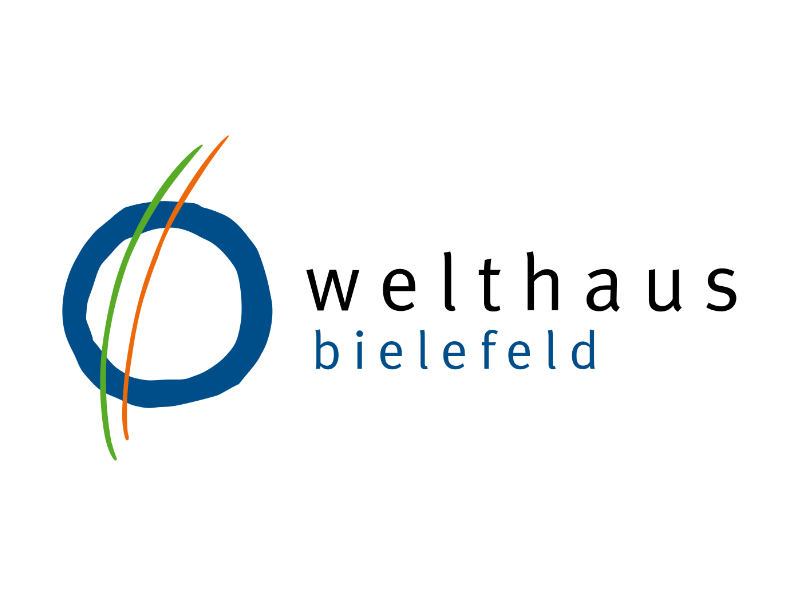
Since the start of the Weltwärts program funded by BMZ (Federal Ministry for Economic Cooperation and Development of Germany) in 2008, Nhápupwè has been hosting volunteers from Germany. The program aims to provide young people with the opportunity to immerse themselves in another culture and contribute locally for a year after completing their secondary education. The Weltwärts volunteers at Nhápupwè work in preschool and primary school, supporting English lessons and the production of didactic materials. This adds value to Nhápupwè’s diverse team, and often new ideas are born through the volunteers’ different experiences and perspectives. In Germany, the program is organized by various providers. The Welthaus Bielefeld sends volunteers to Mozambique and southern Africa, so interested parties can contact them for more information.
mobilezone Deutschland
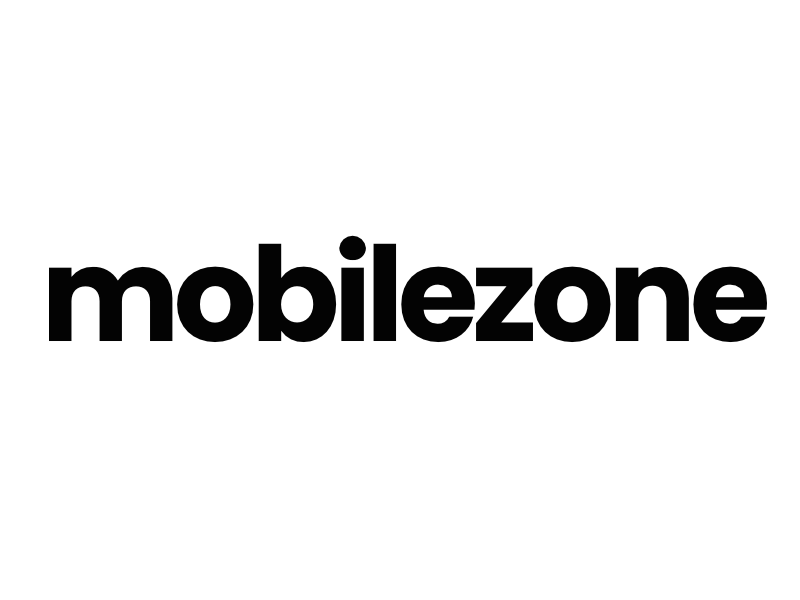
In 2012, Nhapúpwè was fortunate to meet mobilezone (then still known as powwow). Since then, mobilezone has been supporting the work of Nhapúpwè with regular donations and professional assistance. The construction of Nhapúpwè’s own infrastructure, consisting of a preschool, a primary school, a library, two school buses, wheelchair-accessible pathways, and good sanitation facilities, was largely financed by mobilezone. This enabled Nhapúpwè to increase the number of children from 45 to over 350 today. The high-quality infrastructure also strengthened Nhapúpwè’s recognition among the government and other organizations in Mozambique, allowing for the implementation of large cooperation projects. As part of the Butterfly project, mobilezone supports Nhapúpwè with professional advice in the areas of marketing, design, external presentation, and fundraising. For example, mobilezone organized the logo and the new website. Mobilezone employees also visit Nhapúpwè to experience the work firsthand and make direct, needs-oriented contributions on-site as part of volunteer assignments.
